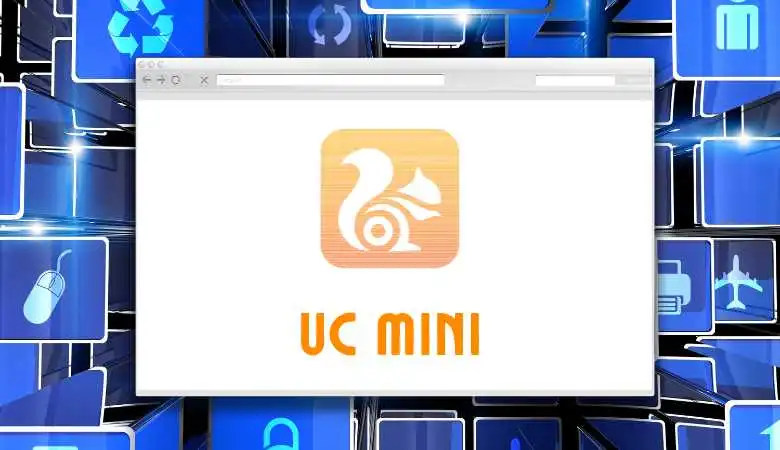Cryptocurrency Bitcoin will be the official currency in El Salvador

El Salvador has declared a commitment to make Bitcoin a legitimate currency, which presents it as the first country to do so (Reports: The Guardian).
According to the law, residents will use Bitcoin to do everything from spending taxes and clearing off debts to purchasing goods and services.
The move was championed by President Nayib Bukele, who states it’s a way to support those who don’t have entrance to banks. Those who want to transfer money back to the country from abroad, but analysts bother that “ill add it’ll add it shows than substantive difference.
El Salvador’s Congress passed the proposition on Tuesday night after Bukele stated it at a Bitcoin conference in Miami last week.
It wasn’t a familiar call, with 62 out of 84 legislators deciding for it. Still, it’s deserving transcribing that Bukele has massive amounts of political power in the country. His party advances up a preponderance of the congress, which enabled him to take authority over much of the government beginning this year.
Also Read: Apple will soon launch iPad Pro with Wireless charger.
While Bitcoin will display an official currency for El Salvador in just following three months, it won’t be the single currency, the US dollar, which was earlier the country’s only currency, will be holding around as an alternative, though according to Cryptonews Bukele stated that he needed the country’s citizens to think about money in terms of Bitcoin, not dollars.
The judgment says that citizens should be ready to switch between the two currencies at any time and that US dollars “will be accepted as the reference currency” for accounting.
According to The Guardian, some human rights organizations centered on Central America have uncertainties about Bitcoin’s selection starting to meaningful difference for many country’s citizens.
One matter is that the nation’s more economical class won’t have entrance to the tech needed to use and store Bitcoin.
While the law needs anyone offering goods or services to acquire Bitcoin, it does have an exemption for those who don’t have a way to the technology.
The law does assume that the government will “promote the necessary training and mechanisms” to acknowledge the population to use Bitcoin.
The country currently isn’t a significant hub for mining Bitcoin; according to University of Cambridge estimates, it’s not in the top 10 mining countries.
In particular, according to the university’s map, El Salvador’s offerings make up 0.00 percent of the global computing strength that’s put towards Bitcoin.
Bukele, though, could be attending to improve that; he’s tweeted that the state-owned electric company has been directed to produce cheap electricity for mining, powered by volcanoes.





![Next Generation of Intel Laptop Processors [2025]](https://www.scrolltrendy.com/wp-content/uploads/2024/12/Intel-Laptop-Processors-2025.webp)
